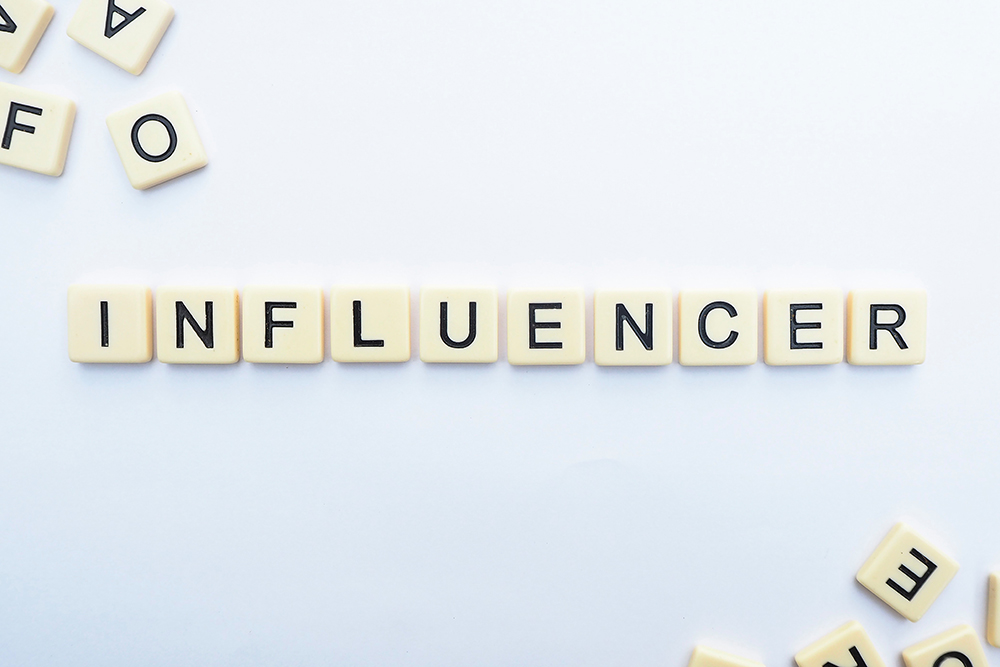UK agrees to buy potential coronavirus inoculations from BioNTech and Valneva
Britain has struck deals to secure a total of 90m doses of potential Covid-19 vaccines from companies based in Germany and France as the race for governments to buy up as yet unproven inoculations intensifies.
The UK on Monday became the first country to agree to buy supplies of a vaccine developed by Germany’s BioNTech with the US pharma giant Pfizer, signing an agreement for 30m doses to be delivered during the next two years.
At the same time the UK government committed to buying 60m doses of a coronavirus vaccine from Valneva of France, which is less advanced in development but works in a different way to BioNTech’s. It will be manufactured at Valneva’s Scottish plant in Livingston.
The financial terms of the deals were not disclosed. They follow the government’s agreement to buy 100m doses of the Oxford university vaccine being developed with AstraZeneca. First results from clinical testing of the Oxford vaccine are expected later on Monday.
According to the World Health Organization, 23 coronavirus vaccines are being evaluated in clinical trials around the world. More than 100 others are in earlier stages of development.
The UK’s advance purchase deals give the country a stake in three leading Covid-19 vaccine technologies. But all depend on the outcome of clinical trials to demonstrate that they are safe and effective.
BioNTech’s BNT162 is a genetic vaccine that injects coronavirus genes in the form of RNA, or Ribonucleic acid, into human cells. Valneva’s VLA2001 is an inactivated form of the whole coronavirus.
Oxford’s ChAdOx1 uses another virus — a chimpanzee adenovirus — to carry elements of the Covid-19 coronavirus into human cells, where they stimulate an immune reaction.
Kate Bingham, chair of the UK Vaccine Taskforce, said: “The fact that we have so many promising candidates already shows the unprecedented pace at which we are moving. But I urge against being complacent or over-optimistic.
“The fact remains we may never get a vaccine and if we do get one, we have to be prepared that it may not be a vaccine which prevents getting the virus, but rather one that reduces symptoms,” she added.
BioNTech and Pfizer aim to have “some form of regulatory approval” in the US for their vaccine by October and to build up capacity to manufacture 100m doses by the end of the year, and more than 1.3bn by the end of 2021. Testing on 30,000 volunteers will begin soon, following positive preliminary data.
The UK deal comes after Germany spent €300m to take a23 per cent stake in BioNTech’s competitor, CureVac, which is also developing a Covid-19 vaccine, following reports that the Trump administration had attempted to secure a supply for the US.
Valneva expects its VLA2001 Covid-19 vaccine to enter clinical studies by the end of 2020 and potentially reach regulatory approval in the second half of 2021.
Last month, four EU countries — France, Germany, Italy and the Netherlands — signed a deal to secure up to 400m doses of the Oxford-AstraZeneca vaccine.
AstraZeneca, which says it has the capacity to manufacture 2bn doses of its Covid-19 vaccine, has signed similar agreements with the UK, US, the Coalition for Epidemic Preparedness Innovations and Gavi, the global vaccine alliance.
The US has also invested more than $1bn in vaccine efforts by biotech company Moderna and healthcare company Johnson & Johnson.
BioNTech, which was the first EU company to proceed to clinical trials of its coronavirus vaccine, has also attracted investment from Singapore.
“We are in advanced discussions with multiple other government bodies and hope to announce additional supply agreements soon,” said Ugur Sahin, BioNTech’s co-founder and chief executive.
This month, BioNTech released initial data from its trial in the US, which found that two-dozen participants had generated immune defences that were similar or stronger than those found in recovered coronavirus patients.
Preliminary results from the company’s German trial are due within days and the company expects to start a third study in Asia, in conjunction with China’s Fosun, within weeks.

